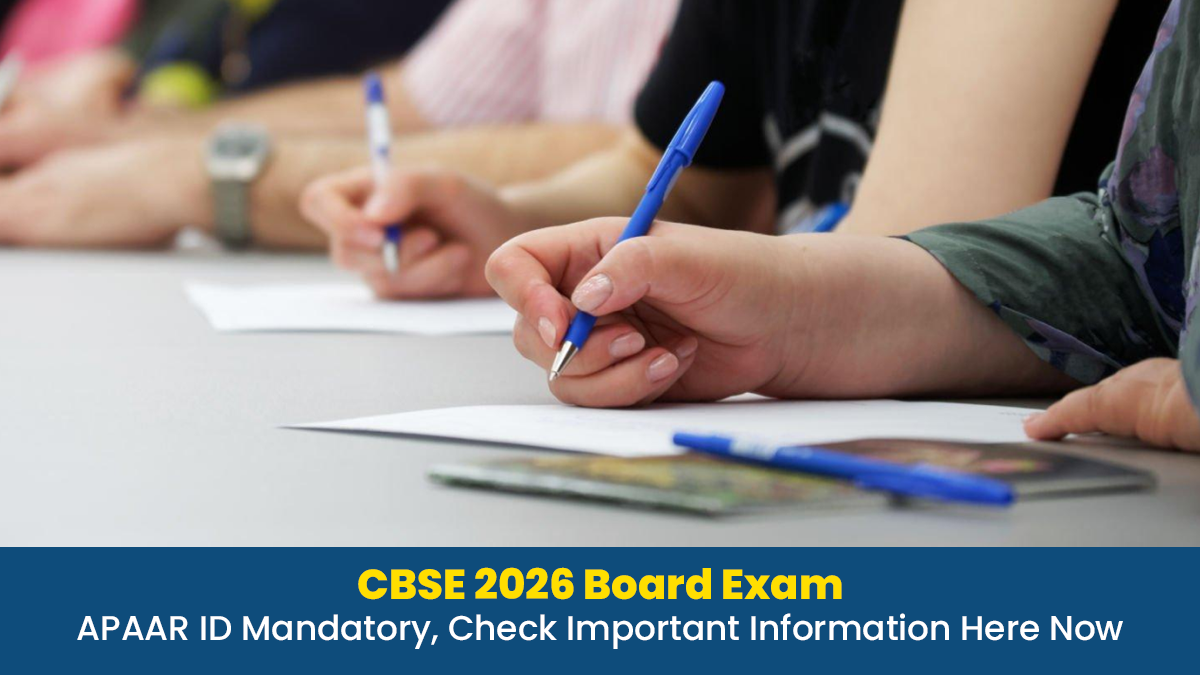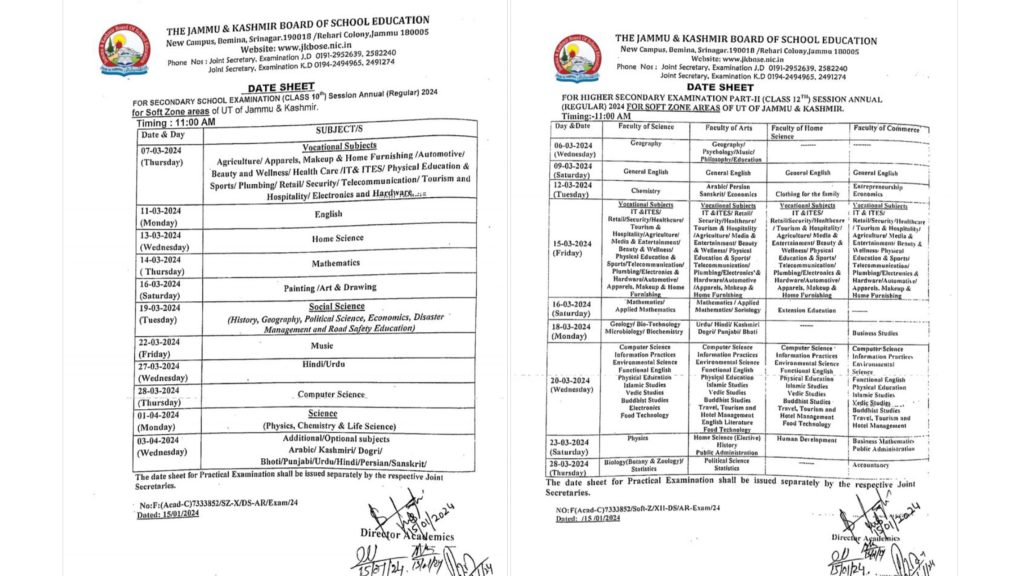Education
For the 2026 Board Exams, CBSE Sends Out An Important Notice To Schools; See Details


By Kajal Sharma - 29 Aug 2025 10:19 PM
For the 2025–2026 Class 10 (initial examinations) and Class 12 main examinations, the Central Board of Secondary Education (CBSE) has issued comprehensive guidelines for schools on how to submit the List of Candidates (LOC).The CBSE has implemented a two-board exam scheme for Class 10 from 2025–2026 for the first time. Midway through February 2026 is when the Class 10 first exam is planned, and schools must turn in the LOC by that date. The board has emphasized that all Class 10 pupils must be included in the LOC submission.According to CBSE, all Class 10 students will be required to take the main exam in February 2026, and all candidates must be included in the LOC. While submitting data, schools must also attach students' APAAR IDs; however, foreign-based institutions are exempt.In its most recent announcement, the Central Board of Secondary Education detailed important changes to the List of Candidates (LOC) submission process for the 2026 Board Examinations for Classes 10 and 12.One of the most important steps in getting ready for the annual board exams is submitting the LOC.For Class 10, the CBSE is implementing a two-board exam policy, which requires schools to make sure that each candidate's LOC is filed appropriately.
The CBSE reaffirmed that all students must take the Class 10 Main Exams, which are scheduled for mid-February. As a result, all candidates must complete the LOC. According to the board, LOC for the Class 10 Second Board Examination will be completed at any moment following the conclusion of the first exam.Additionally, CBSE has chosen to link candidates' Automated Permanent Academic Account Registry (APAAR) IDs for both Class 10 and Class 12 LOC data. This change will allow Indian CBSE-affiliated schools to fill out the LOC for applicants who have the APPAR ID. When the LOC is submitted, the Board will verify the APAAR ID that was filled out.However, the board stated that linked institutions located overseas are excluded from APAAR due to a variety of administrative factors and national laws.
























